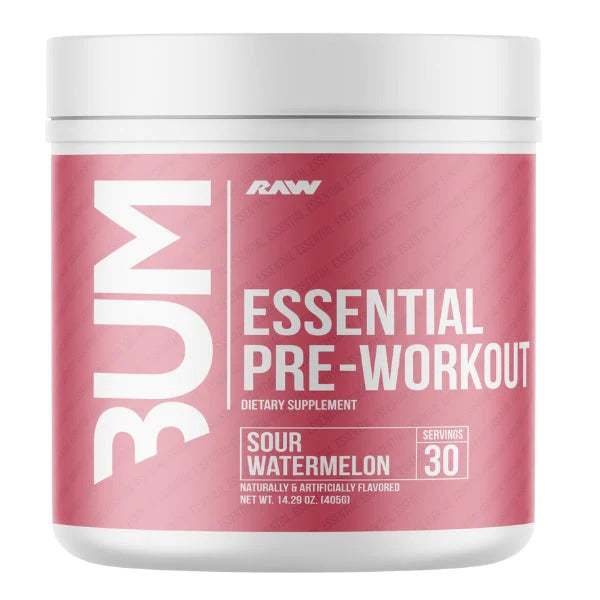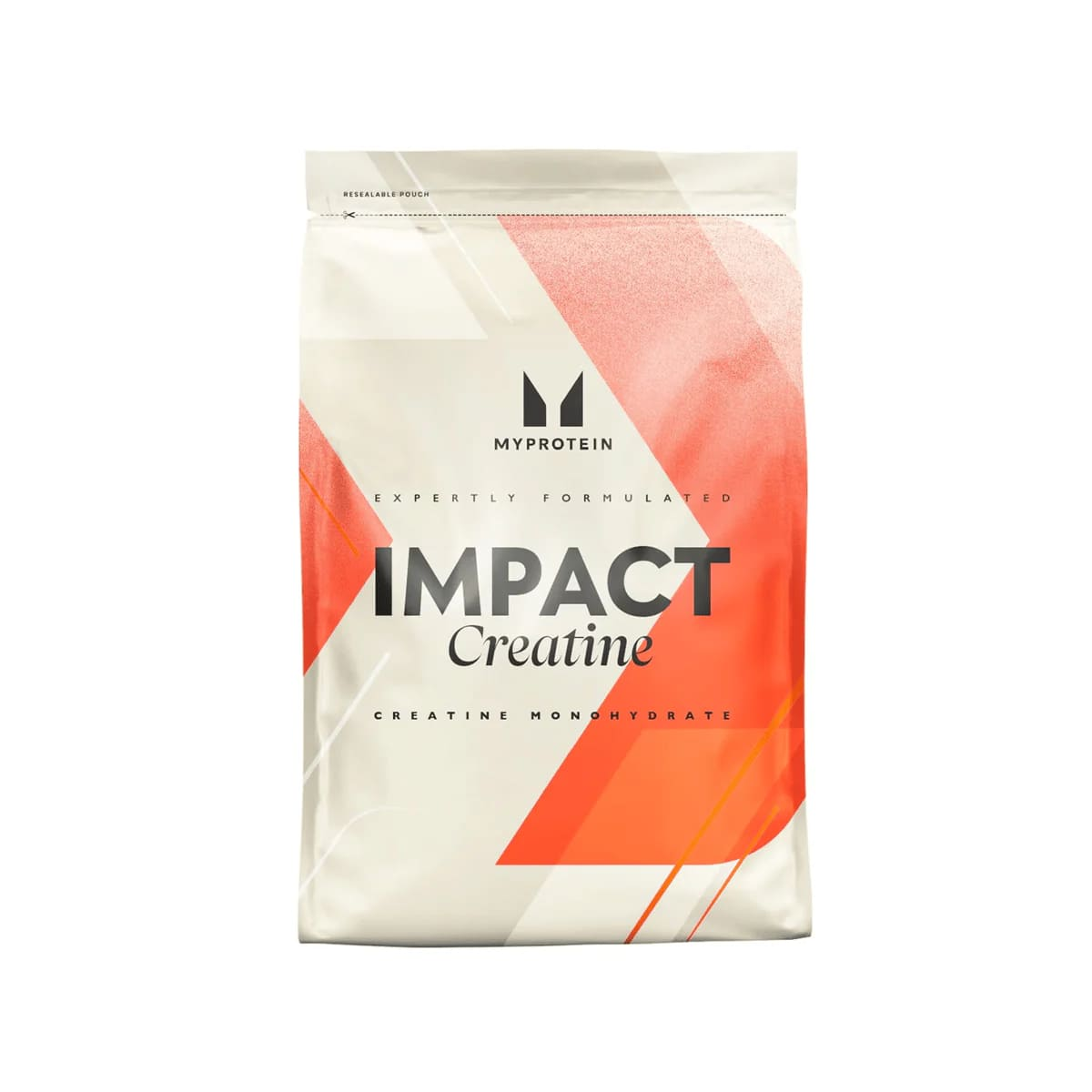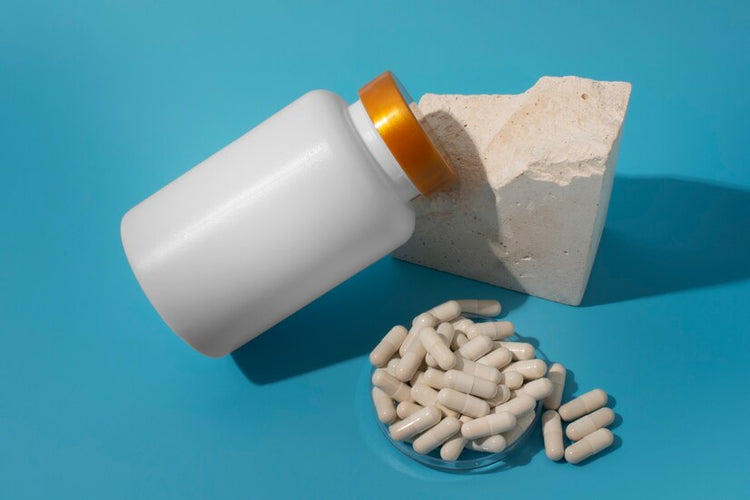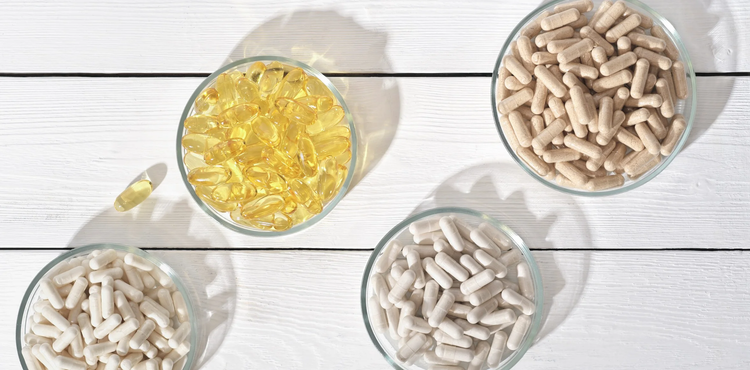What Happens If You Take Creatine Without Working Out?


Related products
Creatine is a naturally occurring compound found in foods like red meat and fish, and is also produced by the liver, kidneys, and pancreas. Creatine is synthesised from the amino acids arginine, glycine, and methionine, highlighting its biochemical nature as an amino acid derivative essential for rapid energy supply during short bursts of activity. It plays a crucial role in generating energy during high-intensity, short-duration exercises, such as sprinting or weightlifting. Widely used in the fitness industry, creatine dietary supplements are popular among athletes and gym enthusiasts aiming to enhance performance and increase muscle mass. Creatine is classified as a dietary supplement and is regulated differently from controlled substances such as anabolic steroids.
However, the scenario becomes less clear when these dietary supplements are taken without the accompaniment of exercise. This article delves into the effects and implications of consuming creatine in the absence of physical activity and explores whether creatine may offer health benefits beyond muscle and athletic performance.
What is Creatine?
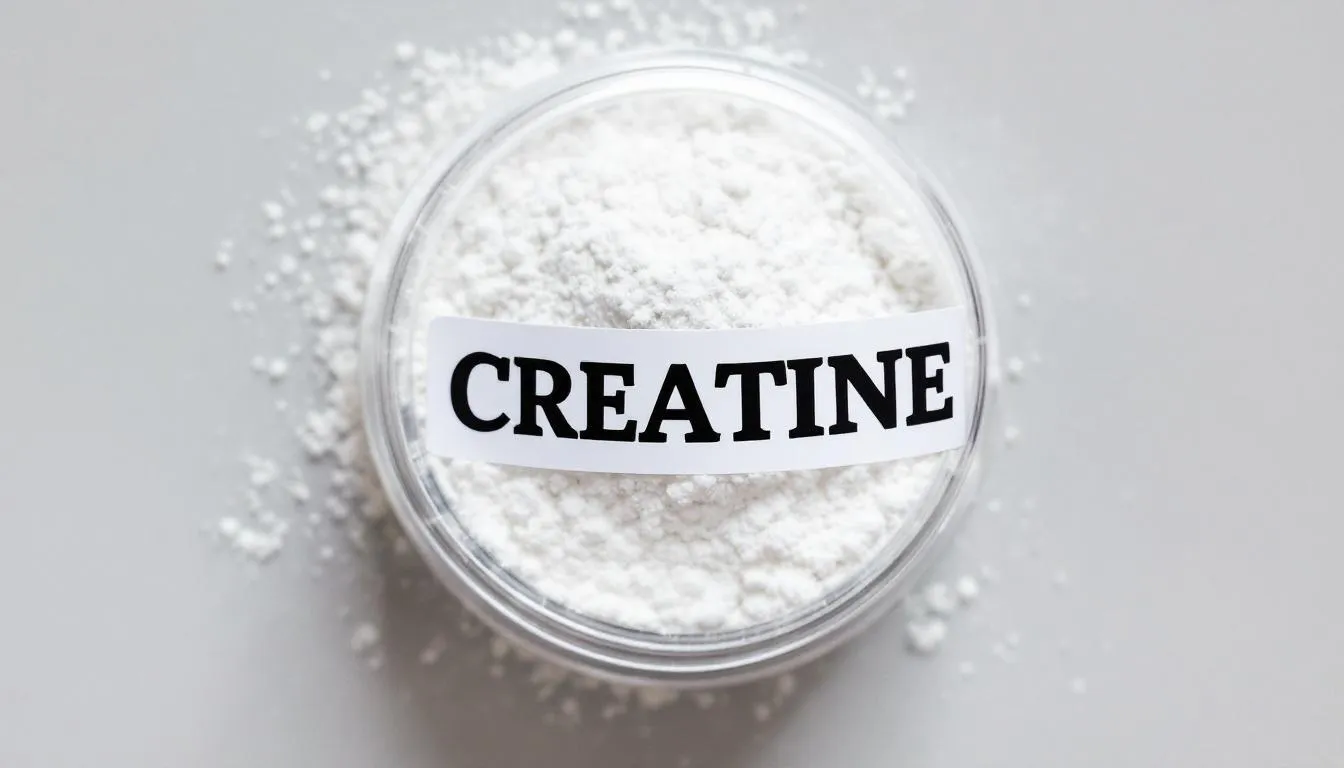
Creatine serves as a quick energy source in muscles, primarily aiding short bursts of energy. In the body, it’s synthesised from the amino acids arginine, glycine, and methionine, and about 95% of creatine is stored in skeletal muscles. Within skeletal muscle, creatine is stored as both free creatine and creatine phosphate, where it’s used during physical activity. Dr. Emily Clarkson, a sports medicine specialist, explains, “Creatine is pivotal for adenosine triphosphate (ATP) regeneration, a molecule that stores and transports energy in cells.” Creatine phosphate is a key molecule that rapidly regenerates ATP during high-intensity activity.
In fitness contexts, creatine supplements are often used to improve strength, increase lean muscle mass, and help muscles recover more quickly during exercise by increasing creatine stores in skeletal muscle. The typical use of creatine, therefore, aligns with its role in energy production during physical exertion. Creatine plays a vital role in supporting short-term, high-intensity muscle activity. Additionally, creatine helps regenerate ATP, supporting both muscle and brain energy needs.
Types of Creatine Supplements
Creatine supplements are available in several forms, each offering unique benefits for those looking to increase muscle mass and enhance athletic performance. The most popular and extensively studied option is creatine monohydrate, which has consistently demonstrated its effectiveness in supporting muscle growth and improving workout results. Other forms include creatine hydrochloride, buffered creatine, and creatine ethyl ester, each with varying absorption rates and potential benefits. When selecting a creatine supplement, it’s important to consider not only the type but also the recommended creatine dosage to maximise results and minimise side effects. Creatine supplements are widely available as powders, capsules, or tablets, making it easy to incorporate them into your daily routine and tailor your creatine supplementation strategy to your individual needs.

What Happens If You Take Creatine Without Working Out?
Taking creatine without engaging in regular exercise leads to a different set of effects. Without exercise, the primary role of creatine in energy production isn’t fully utilised. Creatine is often associated with benefits during intense workouts, but some effects may still be observed even without engaging in such activities. However, creatine may still have benefits. “Even without exercise, creatine can increase water content in muscle cells, potentially leading to a slight increase in muscle size,” states Dr. Clarkson. This happens because creatine pulls water into muscle cells, resulting in temporary water retention. As a result, individuals may gain weight or experience weight gain, but this is due to water retention, not an increase in fat. Muscles may appear fuller, giving the impression of more muscle, but this is not true muscle growth. Improvements in muscle performance, such as strength and power, are typically only seen when creatine is combined with exercise.
This phenomenon, however, does not equate to the muscle strength or performance gains typically associated with exercise and creatine supplementation.
Potential Effects and Side Effects
When taken without exercise, the effects of creatine on the body are less pronounced. Dr. John Richards, a nutrition expert, points out, “Without the stimulus of exercise, creatine’s effectiveness is significantly reduced.” It’s also crucial to consider potential side effects. Creatine supplementation can lead to increased water retention, which, without exercise-induced muscle growth, might not be desirable.
Some individuals may experience stomach cramps or muscle cramping, especially at higher doses or when starting creatine supplementation. Muscle tightness and muscle strains are sometimes reported, but research does not consistently support a strong link between creatine use and these issues. It is important to consult a healthcare professional before starting creatine supplementation, particularly for those with health concerns.
Additionally, as Dr. Richards notes, “High doses of creatine can lead to kidney damage, particularly in individuals with pre-existing kidney conditions.”
Creatine and Muscle Mass
Creatine’s impact on muscle mass without exercise is a nuanced topic. It can lead to increased water retention in muscle cells, creating the appearance of muscle growth. However, this is not synonymous with the muscle strength or endurance gains achieved through exercise. “Creatine alone, without the accompanying physical training, does not increase muscle strength,” confirms Dr. Clarkson. Creatine by itself does not build muscle because it does not stimulate muscle fibres—resistance training is necessary to activate these fibres and promote muscle growth.
Multiple studies show that when people consume creatine, it does not increase body fat or body fat percentage. Research across various populations and durations consistently demonstrates that creatine supplementation does not lead to increased body fat or fat mass. In some cases, especially when combined with resistance training, creatine may even help reduce body fat percentage.
The comparison with exercise is stark – creatine, when used in conjunction with exercise, significantly enhances muscle strength and size, a synergy absent in sedentary contexts.
Energy Levels and Metabolism
The influence of creatine on energy levels and metabolism without exercise is another complex issue. Dr. Richards explains, “Creatine may slightly increase basal metabolic rate, but this increase is marginal compared to the metabolic boost from exercise.” The absence of physical activity means the body doesn’t utilise the additional ATP production that creatine supports. ATP breakdown is essential for muscle contraction, and creatine helps regenerate ATP to maintain this process.
As for potential benefits, these are relatively limited and do not compare to the substantial metabolic, energy boost, and exercise performance improvements seen with exercise and creatine use. Creatine supplementation is most effective at enhancing exercise performance, workout performance, and providing an energy boost during physical activity, as it helps delay muscle fatigue and supports muscle contractions. Without exercise, creatine's ability to delay muscle fatigue and enhance performance is not fully realised.
Moreover, the potential side effects, particularly for individuals with pre-existing health conditions, underscore the importance of using creatine in the context for which it is intended – as a supplement to enhance physical performance and muscle recovery in active individuals.
Long-Term Implications
The long-term effects of taking creatine without engaging in exercise are not extensively researched, but some insights can be drawn from existing knowledge. Dr. Michael Thompson, a researcher in sports medicine, suggests, “Long-term consumption of creatine without exercise might not be as beneficial as when combined with exercise, and could potentially lead to unnecessary strain on the kidneys over time.” Both creatine and creatine phosphate are metabolised in skeletal muscle to creatinine, which is excreted in urine; this increase in creatinine is not indicative of kidney damage.
It’s important to note that while creatine is generally safe, its long-term use without the balancing factor of exercise could lead to an imbalance in the body’s natural creatine production. Long-term supplementation increases creatine stores in skeletal muscle, but the benefits are limited without exercise. Creatine is one of the most researched supplements, with a strong safety profile when used as directed as a dietary supplement. Moreover, the benefits seen in muscle strength and endurance with exercise are unlikely to manifest, potentially leading to a misconception of physical fitness.
Alternative Uses of Creatine
Beyond muscle building, creatine has been studied for several other potential benefits. Research has indicated its possible role in improving cognitive function, especially in situations of sleep deprivation or mental fatigue. Dr. Laura Johnson, a neurologist, states, “Some studies suggest that creatine supplementation can aid cognitive function, possibly due to its role in energy metabolism within the brain.” Creatine also supports muscle and brain recovery, acting as a powerful antioxidant. The benefits of creatine extend beyond muscle growth, including improved cognitive and neurological function, reduced muscle breakdown, and better blood sugar management, even for those who do not exercise.
Creatine supplementation may aid brain recovery from cognitive fatigue and ageing. It offers neurological benefits, including potential neuroprotective effects. Research has also explored creatine’s possible role in reducing the severity of traumatic brain injury, with evidence from animal models and clinical trials suggesting benefits for brain health and injury recovery. Overall, creatine may help improve brain function even in non-athletes.
Additionally, creatine is being explored for its potential in aiding certain muscular and neurological disorders, given its fundamental role in energy production at the cellular level.
Creatine and Brain Health
Cognitive Function and Mental Performance
Beyond its well-known effects on muscle mass and athletic performance, creatine supplementation also plays a significant role in supporting brain health. Creatine is essential for the production of adenosine triphosphate (ATP), the primary energy molecule that fuels brain function. By boosting ATP availability, taking creatine supplements can help improve cognitive function, including memory, focus, and mental clarity. Research indicates that creatine supplementation may offer neuroprotective benefits, potentially reducing the risk of age-related cognitive decline and supporting overall brain health. Studies suggest that even individuals who do not participate in regular exercise can experience improved brain function and mental performance by incorporating creatine into their daily regimen, highlighting the broad-reaching benefits of this naturally occurring compound.
Creatine and Bone Density
Creatine supplementation has shown promise in supporting bone health, particularly by increasing muscle mass and strength, which are closely linked to improved bone density. For older adults and those at risk of osteoporosis, creatine can be a valuable addition to a bone health strategy, as it helps to increase bone mineral density and reduce bone resorption. These effects are especially pronounced when creatine is combined with regular exercise and a balanced diet, creating a synergistic approach to maintaining strong bones and reducing the risk of fractures. By supporting both muscle and bone health, creatine supplementation offers a comprehensive benefit for individuals looking to enhance their overall physical well-being.
Gain Weight with Creatine
Creatine supplementation is widely recognised for its ability to help individuals gain weight, but it’s important to understand the nature of this weight gain. When taking creatine, the body increases water retention within muscle cells, which can lead to a noticeable rise on the scale. This initial weight gain is primarily due to water being drawn into the muscles, not an increase in fat. Over time, with regular exercise—especially resistance training—creatine supplementation can contribute to increased muscle mass and muscle growth, as the muscles are better able to recover and adapt to training.
To maximise muscle growth and effectively gain weight with creatine, it’s essential to pair supplementation with a calorie-surplus diet and consistent strength training. This approach ensures that the weight gained is largely from increased muscle mass rather than just water retention. While creatine alone can make muscles appear fuller, true increases in muscle mass and strength are best achieved when creatine is combined with regular exercise. For those looking to gain weight healthily, focusing on muscle growth rather than fat is key, and creatine can be a valuable tool in this process.
Age and Creatine Supplementation
Creatine supplementation offers benefits for individuals across the lifespan, from young athletes aiming to maximise muscle growth and athletic performance to older adults seeking to maintain muscle mass and cognitive function. For younger people, creatine can help increase muscle mass, support muscle building, and enhance recovery after intense exercise. In older adults, creatine supplementation has been linked to improved muscle strength, increased bone density, and even enhanced brain function, helping to combat age-related declines such as sarcopenia and osteoporosis. Regardless of age, it’s important to consult a healthcare professional to determine the optimal creatine dosage and supplementation strategy tailored to your specific health goals. By integrating creatine into your daily routine, you can experience the wide-ranging benefits of increased muscle mass, improved brain function, and better overall health.
Guidelines for Taking Creatine
For individuals considering taking creatine without exercising, it’s crucial to adhere to specific guidelines to ensure safety and efficacy. Dr. Thompson advises, “Always start with the lowest possible dose and monitor your body’s response.” He also recommends staying well hydrated, as creatine increases water retention in muscles.
Creatine is commonly used not only by athletes but also by fitness enthusiasts, both of whom should follow similar safety guidelines. Organisations like the National Collegiate Athletic Association have studied creatine use and its safety in athletes, providing valuable insights into best practices for supplementation.
Individuals with pre-existing kidney or liver conditions must consult a healthcare provider before starting supplementation. Finally, maintaining a balanced diet and a healthy lifestyle, even in the absence of regular exercise, is essential when taking any supplement, including creatine.
Dosage and Timing of Creatine
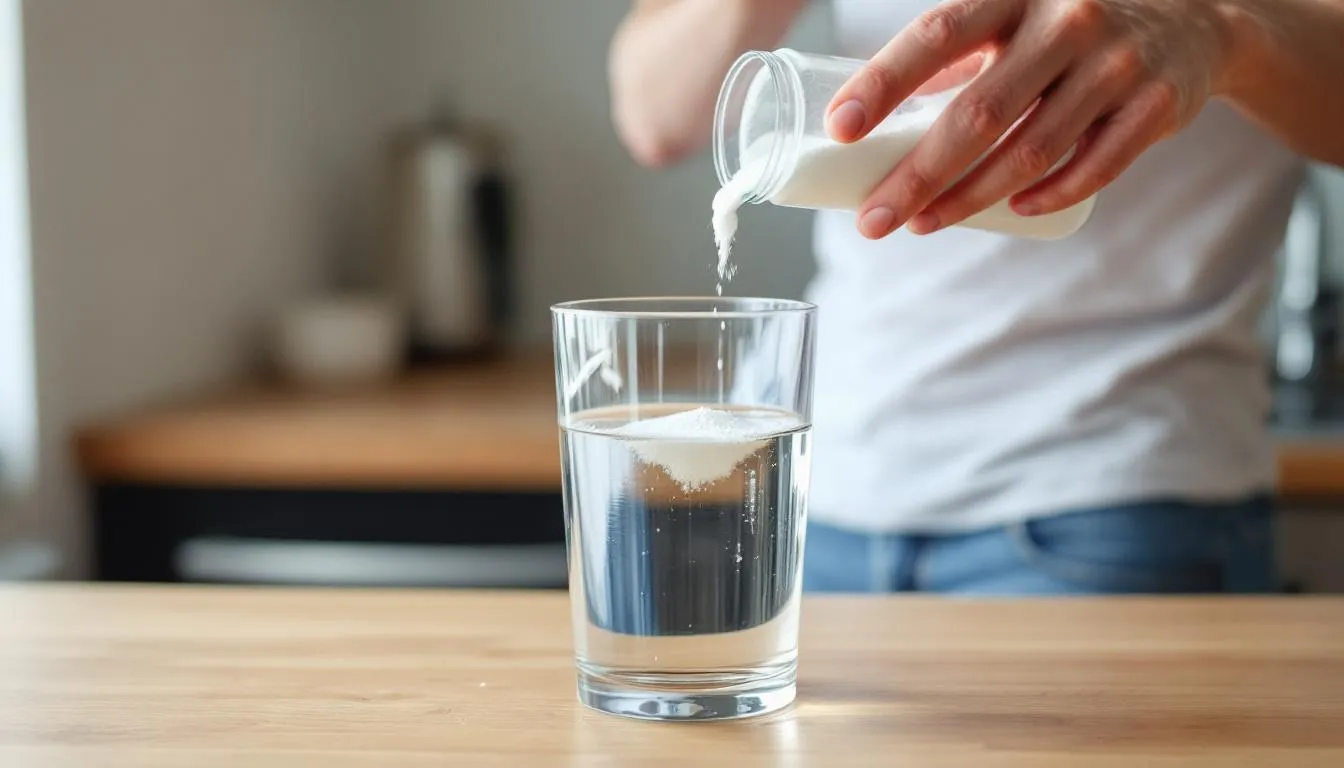
Getting the dosage and timing right is crucial for making the most of creatine supplementation. Most studies suggest that a daily dose of 3-5 grams of creatine is effective for maintaining elevated creatine stores in the muscles. Some individuals choose to start with a loading phase, taking 20-25 grams per day divided into smaller doses for 5-7 days, which can help saturate muscle creatine stores more quickly. After this initial phase, transitioning to a maintenance dose of 3-5 grams per day is recommended to sustain the benefits.
Timing also plays a role in maximising the effects of creatine. Taking creatine before and after exercise can support muscle recovery and enhance exercise performance, as it helps replenish energy stores and reduce muscle fatigue. Additionally, consuming creatine with a meal that includes carbohydrates and protein may improve its absorption and effectiveness. Before starting creatine supplementation, it’s wise to consult a healthcare professional to determine the best creatine dosage and timing based on your individual health status and fitness goals. By following these guidelines, you can optimise your creatine supplementation strategy for improved muscle recovery, increased muscle mass, and better workout performance.
Conclusion
In summary, while creatine is predominantly known for its benefits in conjunction with exercise, its use without physical activity presents a different scenario. The effectiveness of creatine in enhancing muscle strength and size is significantly diminished without exercise. Long-term use without working out requires caution, especially considering the potential strain on bodily systems like the kidneys. While alternative uses of creatine, such as cognitive enhancement and treatment for certain medical conditions, are emerging, these are still areas of active research.
For those considering creatine supplementation without exercise, adherence to safety guidelines and consultation with health professionals is paramount. This article highlights the importance of understanding supplement use in various contexts and underscores the necessity of aligning supplementation strategies with individual health goals and conditions.






